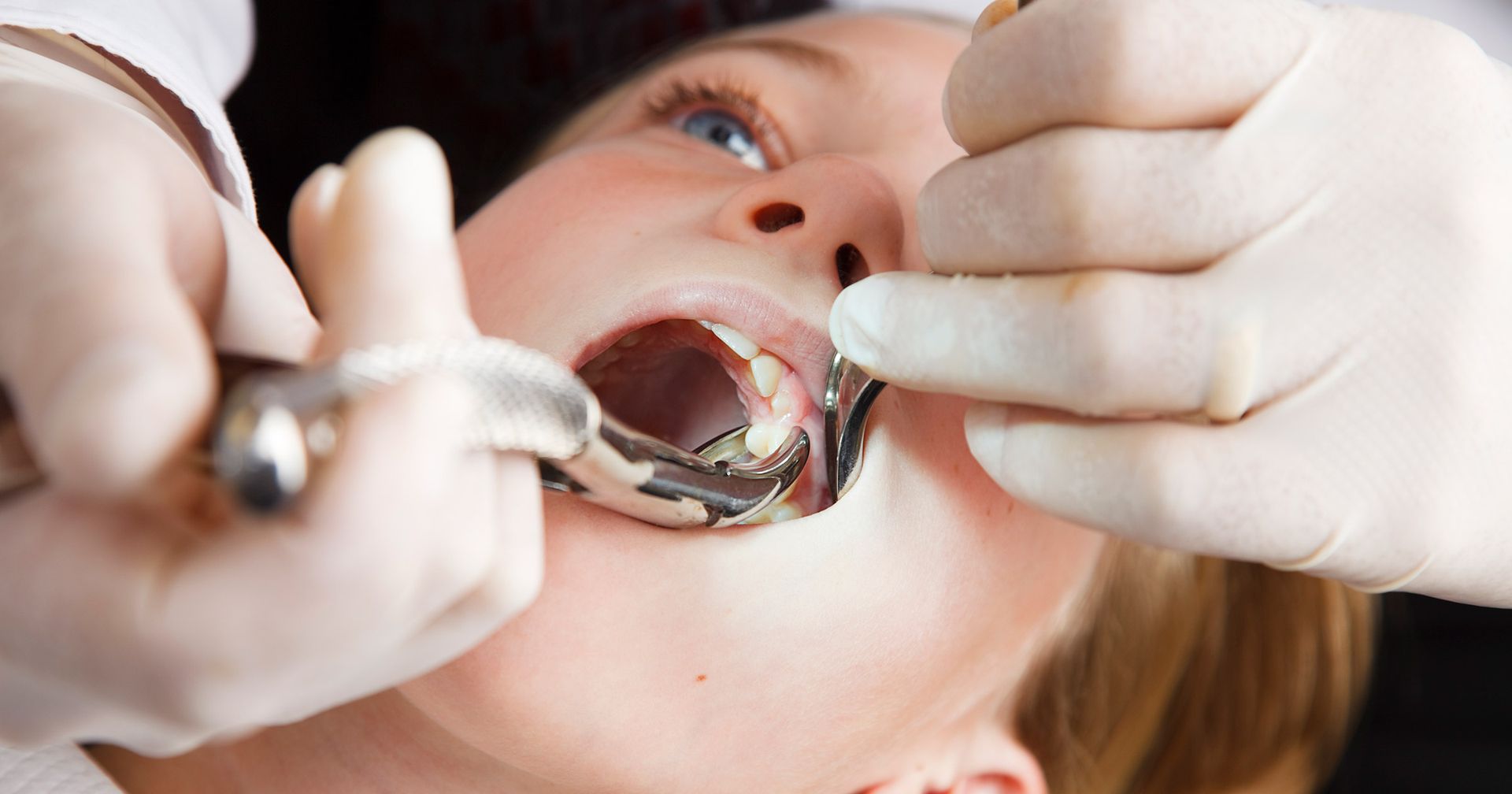Tongue Tie and Lip Tie: What Can Be Done?
Are you unsure of what can be done about a tongue tie and lip tie? We're here to share what steps can be taken to solve this condition.
Tongue Tie & Lip Tie: What Is It?
- Inability to reach the roof of the mouth
- Trouble moving the tongue sideways
- Trouble sticking out the tongue beyond the gums above
- A V-shaped notch at the tongue tip
- A significant gap between the lower and upper front teeth
What Can Be Done?
Using a scalpel or scissors to cut, remove or snip the tissue is the most conventional way to correct the lip tie. This process is referred to as frenotomy.
Unfortunately, there is a significant quantity of bleeding and a moderate quantity of discomfort that is associated with the process. This procedure also comes with an incidence of great scar tissue and a likelihood of reattachment.
To the advances in technology, a doctor can use a diode laser to correct these tongue ties. When safely performed, the laser can be used on persons of all ages, even children.
The laser can deplete the tissue within minutes with no discomfort or bleeding. It inhibits frenulum reattachment and prevents scar tissue. Any discomfort from the tongue tie procedure will only last about a day.
In older children, it might be a bit longer. You and your child must follow all of the procedures provided by the doctor, including massage and stretching.
Children will not care for such exercises and might be stressed over them. But you need to perform them, as they are imperative to their health.
A subsequent appointment will be arranged to examine the healing after a week. Depending on the progress, more appointments might have to be scheduled.
Additional Information
In most circumstances, parents will bring their kid for a consultation with the doctor after being referred to them by a pediatrician, consultant, or midwife. If there are issues with bottle feeding, or the infant is gaining weight, some parents will choose single-day procedures.
However, the initial appointment can be a consultation, and the parents can choose to schedule a next appointment for the procedure to occur.
It's advised that infants are not to eat before the procedure. This is only because it contributes to an overall comfortable experience and helps them adjust to an appropriate latching pattern.
During the treatment, infants will be swaddled to help them remain still. There's also a gentle head holding for their own safety. The doctor will move on to the procedure and safety is followed to the tee.
The procedure itself takes a couple of minutes, and once it's done, parents are invited back in to comfort the child.
In terms of pain regulation, it's advised that the parents converse with a pediatrician in advance. Tylenol is usually sufficient and should be consumed in advance as well. 30 minutes before the procedure is a good time frame.
After the procedure, the doctor will discuss massage and stretching to manage any of the pain and decreased mobility after the treatment.
Safe Treatment for Your Child
Now that you know what a tongue tie and lip tie is, as well as what can be done, you are well on your way to secure the future of your child. If you suspect that your child has a frenulum condition but are unsure, you should visit a doctor as soon as possible.
If you'd like to schedule a meet or treatment for tongue-tie, get in touch with us and we will happily accommodate your needs.












